
In his 2015 Comics Journal interview with Marc Sobel, Anders Nilsen said, “I am just embarking on a new graphic novel which I expect to be a long-term project. … I don’t really know where it’s going yet, but I expect it’s going to be a pretty long process, though hopefully not fifteen years again … maybe five.” Well, it turns out his original estimate wasn’t all that far off, as nearly ten years later, volume one of Tongues, representing the first half of the story, has just been published.
Tongues is Nilsen’s most ambitious work to date. A sprawling retelling of the story of Prometheus, touching on elements of free will, war, and our relationship to the natural world. These are consistent themes in Nilsen’s work, but they’ve all been brought together in a book that also features a more detailed and complex visual style than anything he’s published before.
I met up with Nilsen over Zoom to talk about the many facets of Tongues, including how it builds on the totality of his work to date, and his hope it won’t take another decade to complete the second half. – Jason Bergman
JASON BERGMAN: How would you describe Tongues to someone?
ANDERS NILSEN: [Laughs] When I'm asked what it's about, the easy answer is that it's a retelling of the myth of Prometheus. It's obviously a lot more than that, but yeah, a retelling of the myth of Prometheus, set in the present day Middle East. And the conceit is that thousands of years ago, in the mythology, he was given an eternal punishment. And so in theory, if you spin that out, what if he's still there? That's kind of the jumping off point, but the book definitely touches on a wide variety of my interests, and I just threw a bunch of random stuff in there to sort of see what would happen when I mixed it together.
 Sequence from Rage of Poseidon.
Sequence from Rage of Poseidon.What was your way into this story? What was the spark that really kicked this off for you? Did you specifically want to do the Prometheus story or was there something else in there that attracted you to it?
So I did a book in 2013, Rage of Poseidon, that was a collection of short stories – mythologies, and Bible stories. And there was a story in there about Prometheus, but that book was sort of drawn out of little experiments, or fragments from my sketchbooks. And I read a ton of mythology as a kid. Tintin, X-Men, and Greek mythology for me were sort of the foundational narratives. So all those stories are just kind of in my head and it's a place I go when I'm playing with ideas.
So there was a Prometheus story, and that sort of simple idea of him still being there. In doing that story for Rage of Poseidon, a key part of it of course, is the eagle that comes every day to eat his liver – that's his eternal punishment. That relationship became interesting to me. Birds in my work tend to talk, of course. And so if you have a talking eagle, it's like, what do they talk about every day? There's this weird tension of the eagle torturing him, but also being the only other mind that he gets to interact with for thousands of years.
So that stayed with me. I didn't go into it that much in that short story, but it sparked something. I wanted to work with it. knew the basic story of Prometheus, but I had never read Prometheus Bound, which is the play from the 5th century BCE that our basic idea of his story comes from. So I went and read that and delved in a little deeper. It turns out that play is actually one of a trilogy, but the other two are lost. And there's a much more interesting, juicy story. Those myths are very similar actually to superhero comics. They're basically soap operas with superpowers. And cosmic implications. Prometheus’ story touches on a lot of the other really important stories in Greek mythology, Zeus' story, Hercules’ story, Pandora. … So there's all these different directions it can go. And because these other two plays were lost, and historians only vaguely understand from contemporary writing exactly what they depicted, it left a lot of room to explore and play and put my own spin on things.
Did you ever think of doing a straight adaptation of the story or even extrapolating what the full trilogy may have been? Or in your mind was the goal always to create your own version? Because, you know, you don't use Zeus as the adversary. You have your own original mythology here.
I mean, yes and no. Like Zeus is in there, but I don't call him Zeus all the time.
Right, I guess it could be interpreted as like, this is the real version. And Zeus is just what we call what little we know of this guy.
Right. It's fun to sort of think like, we have these stories, what if these figures were real, how would they interact with our stories? Our stories wouldn't necessarily be true. They probably wouldn't be quite right, but they might vaguely be related to true events in some weird way. So yeah, doing a straight adaptation isn’t as interesting to me, Prometheus Bound is mostly a depiction of him literally getting brought to the mountain and tied up, and then there's a conversation about what events have led to that and what it might lead to. And I have thought several times about doing that scene. Because it's great. It's a great play. But it's not really necessary for my ends. For me, it's just more compelling to let the story spin out, and take it other places, and make the characters stranger. I have no interest in drawing a bunch of people in togas with long white beards or whatever. I want to make it feel as strange as life actually is.
 Sequence from Tongues.
Sequence from Tongues.How organically did the story evolve for you? Did you – or I guess I should say have you – fully plotted it out, since it’s not finished, or do you go moment to moment without knowing where it’s headed?
It's changed since I started. I don't think I was fully scripting stuff for the first issue or so, the first 50 pages. At this point, it's almost all scripted through to the end. Like 90%. And then I thumbnail everything – so I do a super sketched out rough version just to block out each panel basically. And then I take the thumbnails and do super, super loose penciling. But from pretty early on, I had a basic outline in my head. For the first several issues, I would just script that issue and then draw it and go on to the next. But I had a general idea of where it was gonna go and the arcs of the main characters. And those things have changed a little bit. It's always funny, because when I look back, it feels like it was all fleshed out from the start. But when I actually look at my notes or look at early versions of the story, I'm not quite sure yet who's evil and who's good and who's doing what for what reason. But in telling the story, those things fall into place inevitably, little by little, almost without me noticing a difference.
Did the act of publishing the issues individually affect your storytelling at all? And I guess as a sub-question, do you see the collected version as different from the individual issues?
There's a lot of copy editing of course, and little continuity fixes. I think I redrew three or four pages maybe, and moved the order of things around a bit. But I think of the hardcover as the definitive version. There is dialogue that gets changed, which does make a difference between the individual issues and the hardcover. So there are some things that I changed my mind about or like I needed to shift them a little bit. So yeah, dialogue had to get changed a little bit in some of the early issues. I think of the issues as, like, a very thorough first draft.
You self-published the individual issues, while Pantheon is handling the big volume. Was there a particular reason?
I'm a comics kid from way back, so I like comics. [Laughs]
I mean, you were a Xeric Grant winner1, right? You know from self-publishing.
Yeah, and I did zines when I was younger. I definitely come from a punk rock, do it yourself, ethic. But also I wanted them to exist in a certain way. So they're this large format and they have the flaps and they have inserts. And I think that kind of stuff would be hard to convince a traditional publisher to do.
You've got some interesting flourishes in the hardcover version. But when you’re talking about a self-published, individual issue, you can go nuts. It's more of a bespoke art piece.
I was super happy that Pantheon was willing to do as much weird book-art stuff that they were. But yeah, I really want the book to feel like an art object in and of itself, even aside from the story that it's a container for basically.
Tongues is, or will be once it's complete, the biggest book you've ever done, the biggest single work. How conscious of that were you when you started on this whole thing? Did you know going in that this was gonna be the thing you worked on all this time?
I probably hoped it wasn't gonna be quite as long as it has turned out to be [laughs]. Yeah, I probably thought it would be like a five or six year project. It's been maybe 10 at this point. But that's sort of how it works for me. Projects always get longer. And it's different than any of the other books that I've done. I work in a lot of different formats or styles or whatever, but in terms of long-form comics, more traditional comic storytelling, this is the first time I've started a book where I fully knew what I was doing. The other really long book I did was Big Questions, and I learned how to make comics by doing that book. So it looks really different at the end than it does at the beginning.
Tongues is very much like, “Okay, I've learned how to make comics, more or less. What do I wanna do with these skills, with this capacity?” It's still changing over time and I'm learning a ton as I go, which is important to me. It's been easily the most demanding project, too. There are more characters, everything's in full color, the plot threads are more complex. Big Questions, I could just draw trees and birds and I only had two humans to deal with. And I was stippling a lot of grass. But [with Tongues] I've had to learn how to draw a ton of stuff and, like, invent a bunch of architecture and figure out what the underside of a Humvee looks like. Eagles are super hard to draw, weirdly. [Laughs]. Feathers do a lot of work. The anatomy of a bird without its feathers is completely unlike what they look like with feathers on, which can make them really difficult to figure out.
 Sequence from Dogs and Water.
Sequence from Dogs and Water.Well, it's interesting, the work you haven't mentioned that is most like Tongues and directly ties in some way into Tongues is Dogs and Water. When did you decide to make those two books connect? Was that from the very beginning?
More or less. So I finished Big Questions in 2011 and I had like three or four projects that were sort of half-finished. It took me a few years to get those out of the way, but I knew that I wanted to do another long-form story and spent that time mulling what it would be. I had a bunch of threads. I had done a story about Sisyphus for Kramer's Ergot, this anthology years and years ago. And that was an unfinished story, but it was the first time I had reinterpreted Greek mythology, which I wanted to continue with. I sort of expected, someday I'll go back to these characters, Sisyphus and the Minotaur, etc. There were a couple other little fragments in my head as well, and then there was Dogs and Water.
So Dogs and Water was my first published book, and of all my work, it's the one that has had the most interest – random, unproductive interest, from filmmakers. For several years, I would get random emails from people who wanted to turn it into a movie. Then I'd write them back, and it would peter out and go nowhere. This happened a bunch of times. At one point there was a Canadian production company that got in touch and it got far enough where they asked me to actually write a script. It's a pretty thin story. There's not really enough there for a feature, honestly. So we talked about adding some material. There's a scene in the book where a military caravan comes by and the main character has this sort of momentary interaction and then the caravan disappears. So this Canadian director suggested, what if some vehicle in that caravan stopped and there was some actual interaction. What would that be like, where might that go? So I wrote that scene in the script. Well, the movie project went nowhere, as is usual. But I really liked the scene, and didn’t want it just sitting in a drawer where no one could ever see it.
So I had all these different fragments and I was like, well, I don't know, they don't really make sense together. Greek mythology and this kid wandering in the middle of nowhere with a teddy bear on his back are not necessarily connected. But that might be sort of an interesting pairing to jam together and just see what happens. And I liked that character. Some projects and some books, when you're done, they're finished. Like Big Questions, I don't think about those characters in terms of what are they gonna do next? Or like, what are the unresolved storylines or implications that the book didn't quite get to? But Dogs and Water, that character is … I mean, all my characters are me in some way, but that character really is me in certain ways, more than a lot of others. It just felt like a useful foil for a story. He's funny, too. Like, he provides a little bit of the humor and the levity in Tongues. There's something mysterious about the bear on his back. The bear in Dogs and Water is very different than the bear in Tongues. But yeah, Prometheus is me playing with Greek mythology. Dogs and Water is, or that character is, sort of me playing with my personal mythology a little bit.
You said in your 2015 Comics Journal interview that Dogs and Water is about the role of the artist in the world. And that the bear is the voice of the artist. The character – you, essentially – is the doubt, wandering while you try and figure out your role in the world. So I'm curious, should Tongues be read that way? You said the bear is different in Tongues. It's not the same. The bear in Tongues tells him to get in the truck.
Yeah, it's not the same bear. And the character is really not the same character. Or, say, it's the same character, but it's a different world. It's like an alternate universe. There isn't really continuity. I mean, in Dogs and Water, he loses the bear at the end, spoiler alert. And in this one, he still has it. So yeah, it's like same character, different reality.
He's also called “Teddy Roosevelt” in this book, or at least that’s how he’s listed on the characters page at the end.
It's important to me not to give him a name, but one of the other characters he encounters finds the bear quite hilarious. And so he gets a nickname.
 Astrid declares her agency in a scene from Tongues.
Astrid declares her agency in a scene from Tongues.How did the character Astrid come into the story for you?
So another way that Prometheus is especially interesting to me is that Prometheus traditionally is the creator of humans. And I have a longstanding interest in human evolution and language and human nature. Its something I find fascinating. So I wanted to use the book to talk about that stuff a little bit. I don't know how useful this answer will be [laughs], but I have a character at the like, quote unquote, dawn of humanity. And I wanted to have a counterpoint character, or a parallel character, in the present day. And that's Astrid. Also I wanted it to be a bit of an adventure story.
Right, I was gonna say, she does almost feel like the hero. She does have a quest. Although you gave her agency, which I appreciated. At one point she even starts yelling that she’s not just some puppet in this story. She's actually doing this. That was interesting.
Right, there's the trope of “the chosen one” or whatever. It's a thing that pops up in so much fantasy literature, which I kind of hate, but it's also useful and helpful. Star Wars, The Matrix, the Bible … it's everywhere. It's part of the structure of these kinds of narratives in our culture in a certain way. So I'm interested in playing with that, like you were saying. She’s the locus for me playing with that idea.
You do have another helicopter crash.
[Laughs]. Yep. Yep, I do. It’s funny, I hadn’t really thought about that. I always have a crash scene of some sort. I can’t seem to get away from it. I hadn’t actually thought about that, though, that there’s actually another helicopter crash in Tongues.
 A downed helicopter in Dogs and Water.
A downed helicopter in Dogs and Water.You talked about that in your last interview, how you keep coming back to crashes, and as I’m reading this, there it was, one of the major beats in the story comes from the helicopter crash. Was that not conscious at all?
It was not really conscious. I think of the crash scene in Tongues being the humvee ambush situation. But I do think of the helicopter pilot as being parallel to the helicopter pilot in Dogs and Water. But yeah, I hadn’t actually thought about the fact that they both have a helicopter crash [laughs]. It’s funny doing these interviews, people are noticing things, and pointing out things, and I’m like, “Oh yeah, I should probably have noticed that.”
Similarly then, militarism has been this big theme that keeps coming up in your work. Is it something you’re still playing with? You expand on it so much more in Tongues than in previous books. Is there a reason you’re still drawn to it?
That is a good question. It comes from a few places. Dogs and Water, I started working on that story as the Iraq War was getting underway, which felt very, very pressing. It was very much a part of my awareness of the world. And Big Questions started with this exercise that I did in an artist residency in college. We were supposed to bring an object to class and then draw it 50 or 60 times in an hour. I had brought this little toy soldier. That exercise sort of went a bunch of different directions, but a lot of the key elements of Big Questions originated from it. So that exercise became a sort of meditation on, like, militarism. And militarism is sort of tied into childhood notions in that sort of way that Dogs and Water is about the childhood idea of being an artist.
 Another aircraft crash sequence, this time from Big Questions.
Another aircraft crash sequence, this time from Big Questions.When you say that, you mean, like, the young boy attraction to G.I. Joe, gung ho soldier thing?
Yes.
Big guys with guns?
Yeah, which, you know, my childhood was all about G.I. Joe and Star Wars and pretending about people murdering each other. And my feeling about that stuff as I get older, of course, is different. It's also certainly relevant that I grew up in a household with a stepdad who was quoting Noam Chomsky to me on a probably daily or weekly basis. So, criticism of American foreign policy is pretty deeply rooted to me. And then also, I think there's a real thing about masculinity and about anger. I mean, the pilot character in Big Questions is just this ball of hostility and anger that he can't really get a handle on. So I don't know. I probably don't have anything super-articulate to say about it, but it's sort of a cloud of those two or three things that are in my head and are always going to pop up in my work.
Yeah. I mean, in Tongues, there's no good military, right? This is very much a contractor-driven, Middle Eastern no-man's-land. There's no good or bad at this point. It's just guys.
Right. It just is the nature of that place, unfortunately. It's a war zone. And historically, that place has been a war zone for as long as any of us can remember, probably going back centuries, which is awful for the people that live there. In a way, it falls into a little bit of the genre of the western or something. Like a sort of empty – or not entirely empty landscape that's just an area for, like, contestation. Where the rule of law is absent..
I want to talk a little bit about the art in Tongues because you really put a lot more detail into every panel of Tongues than you have in any other work before. I mean, going in, I'm assuming that was very conscious, like you knew that's what you were going to do.
It was conscious in a way. I think it was sort of just the way my work was moving after finishing Big Questions.
Which was very smart. I mean, you put those two books next to each other, and it really stands out. Dogs and Water is a little closer. But, in Tongues, you've got the realistic landscapes, but then you've got all the organic shapes and flowers and the supernatural creatures, and then you've got those geometric shapes - which were also in some of your other books - and it just kind of pulls all of your work together.
Yeah, I definitely wanted to pull everything together. It feels like almost everything I've done to this point has led me into this project. So maybe having a certain amount of density is an inevitable result of that. I think also just using color, like by the nature of Big Questions and Dogs and Water, there could be a certain amount of just like trailing off or like leaving areas blank if I didn't feel like drawing them. Color for me sort of demands you have to fill everything in. I mean, you don't really, but I'm compulsive that way perhaps.
I'm curious about your approach to color though, because you use such interesting color choices. Sometimes it feels very natural, and sometimes it feels very comic book-y, if that makes sense. You go with full pastels at times, and then there's the underground scenes where everything's dark, but then you have very bright colors. Did you feel out your color palette per chapter? How did that work for you?
I guess, I'm going for a certain amount of naturalism, but also, I come from drawing black and white. I come from drawing in a thin, clear-line style. And so I'm very conscious of not wanting the color to overwhelm the drawing. The colors therefore tend to be a little bit light, at least in daytime scenes, the colors are going to be a little light and feel sort of pastel-y for that reason, which is fine. And then in the dark, I want a few things to pop and be bright and to stand out. I want it to be beautiful [laughs]. Yeah, so it's a little bit of all those things. I want it to feel like the real world, but feel a little bit magical, a little bit strange and dreamlike at the same time.
 Moebius was a significant influence on Nilsen's work. Sequence from The World of Edena.
Moebius was a significant influence on Nilsen's work. Sequence from The World of Edena.When I look at the Prometheus scenes, they really feel like Moebius to me. Is that accurate?
Yeah, I mean, Moebius is a huge influence. For drawing and for color.
And some of the landscapes as well. The same kind of color, the same kind of line. You can really see that influence.
Yeah, no, without a doubt. I mean, I used to read Heavy Metal as a kid, and his work visually was super influential to me. I was always slightly frustrated that his stories weren't, like, more engaging. You know, there's a sort of ‘70s French psychedelicism or something that I felt, maybe as a punk rock teenager in the Midwest, just didn't work for me at all. But it almost didn't matter because his drawing was so beautiful, and when he used color, it was also just magical.
I'm also curious about, in Tongues, but you also did this in The End as well, you use these geometric patterns to represent the unknowable. Is that accurate?
Sure, sure.
Where does that come from? Because it's all over Tongues, and you expand them even more here.
Right. In Big Questions, too, that stuff was part of the rhythm of the story, but it was a little separate from the story.
Yeah, they were only used for transitions in that book, right?
Yeah, right. So with Tongues, I wanted to kind of integrate it into like the paneling. And ultimately with Astrid’s arc, it sort of becomes a little bit more like part of the actual structure of the story and the structure of her reality, which is great. I don't know if I totally planned that, but it happened sort of organically. One of the things I wanted to do with the project was think about paneling in different kinds of ways, and specifically play with the idea of paneling as a kind of frame for reality, not just isolating moments.
 An example of the geometric patterns that appear in Tongues.
An example of the geometric patterns that appear in Tongues.You have some pages that are extremely elaborate panel layouts.
Yeah, yeah. It can be a little annoying sometimes to have to figure out what the paneling is going to be like on the page. I've never really enjoyed measuring out rectangles. Obviously in a 300-page book, not every panel layout is going to like have some dramatic meaning, but I want the pages and the panel arrangements to start to feel like almost like objects on the page, and to also then tie back to this cube object in the story, which is this unfolding geometric object. I want there to be some kind of dialogue there.
Well, this giant book is, of course, volume one.
Yeah. [Laughs].
But it does have an ending. It does feel fairly self-contained. Can you hint at where it's going from here?
Gosh, let's see. Without spoiling anything. You know, there will be, I guess, "denouement" is the correct term. Astrid will continue following her quest. Prometheus, spoiler alert, will insinuate himself into that situation. And the Omega/Zeus, I don't know. Yeah, maybe I can't really say that much about it [laughs].
Well, let me put it a different way. Are you an optimist? Is there going to be a happy ending?
Oh, I think that it's safe to say that there will be an ambivalent ending that maybe is very slightly optimistic. Things will be complicated at the end, but hopefully feel resolved and slightly hopeful. How's that?
 A fold-out spread from Tongues.
A fold-out spread from Tongues.Yeah, I think that's good. Are you thinking of other projects, post-Tongues? It took you 10 years to do volume one. Is it going to take another 10 to complete volume two?
Oh, god I hope not. I hope I can do it in three or four, but that's probably absurd optimism. Everything is written. Everything is scripted now. Almost everything is thumbnailed, so I'm hoping it goes a little faster. As far as after Tongues, I'm not thinking too specifically about it. I have ideas about essay-ish, nonfiction-y things I might want to do. I will probably never do another full-on, traditional comics-y, graphic novel-y kind of thing again. Certainly not at this scale. I'll probably be a little more playful, do some stuff off the cuff that's not super planned out. That's as much as I've looked forward into the future.
Do you feel like you've conquered comics as an art form with this book?
[Laughs]. It would be the height of arrogance to say yes. But, in terms of my interests and my capabilities, I kind of would say yes. I guess that's kind of what I mean. I'm not interested in treading the same ground I’ve already covered. I've tried a bunch of new stuff with Tongues. I don't really see, in a linear sense, there's not another book where I could continue to develop those particular comics ideas. And so in a way, the route is to go back and play, work in my sketchbooks, and do stuff improvisationally, and do commentary and stuff. I like the idea of continuing to do more graphic novels, but Tongues is so much work. It is so much labor. I literally just don't have it in me. I'll be tapped out at the end of it, I think. I'm going to want to do something else.
The post ‘Almost everything I’ve done to this point has led me into this project’: An interview with Anders Nilsen appeared first on The Comics Journal.




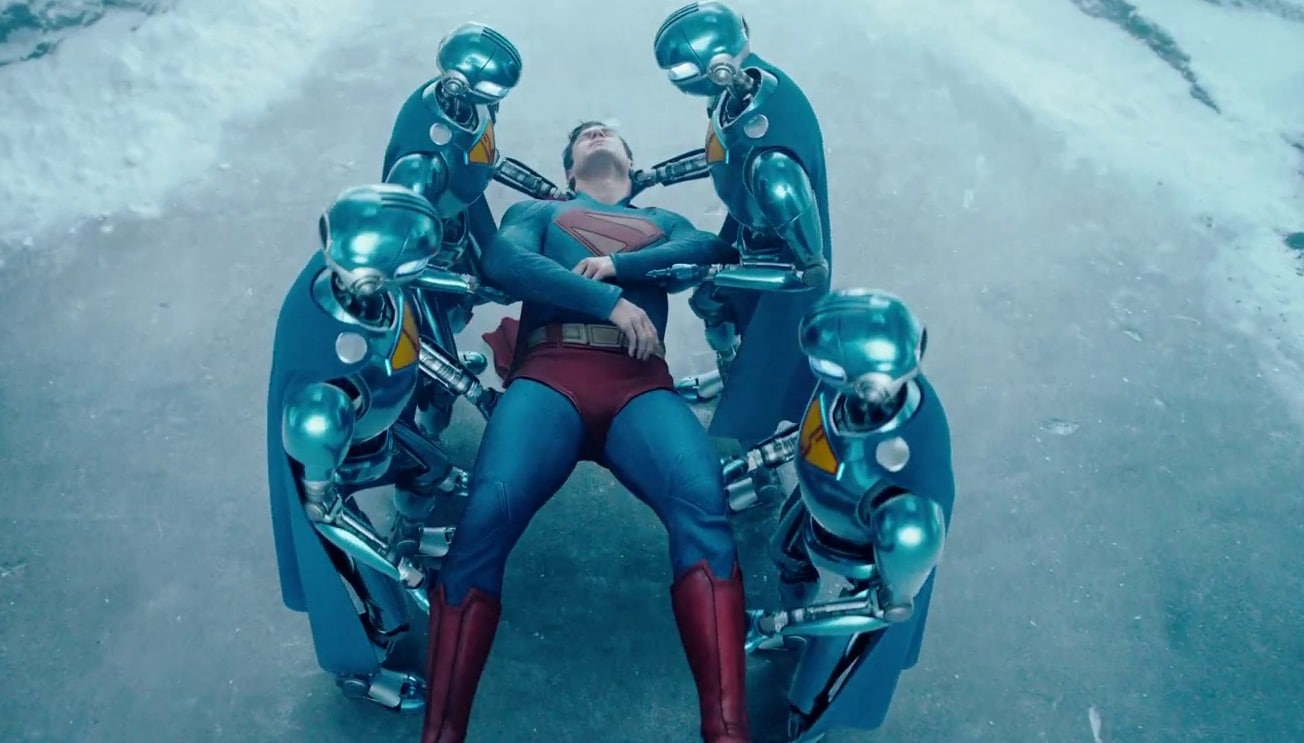
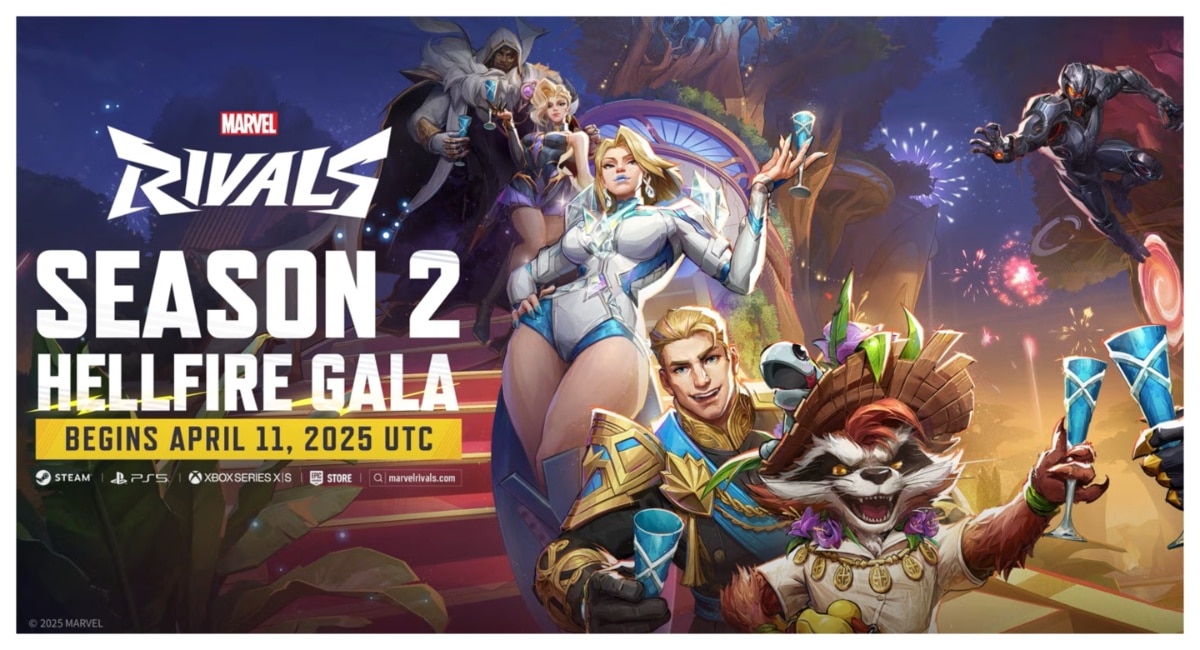
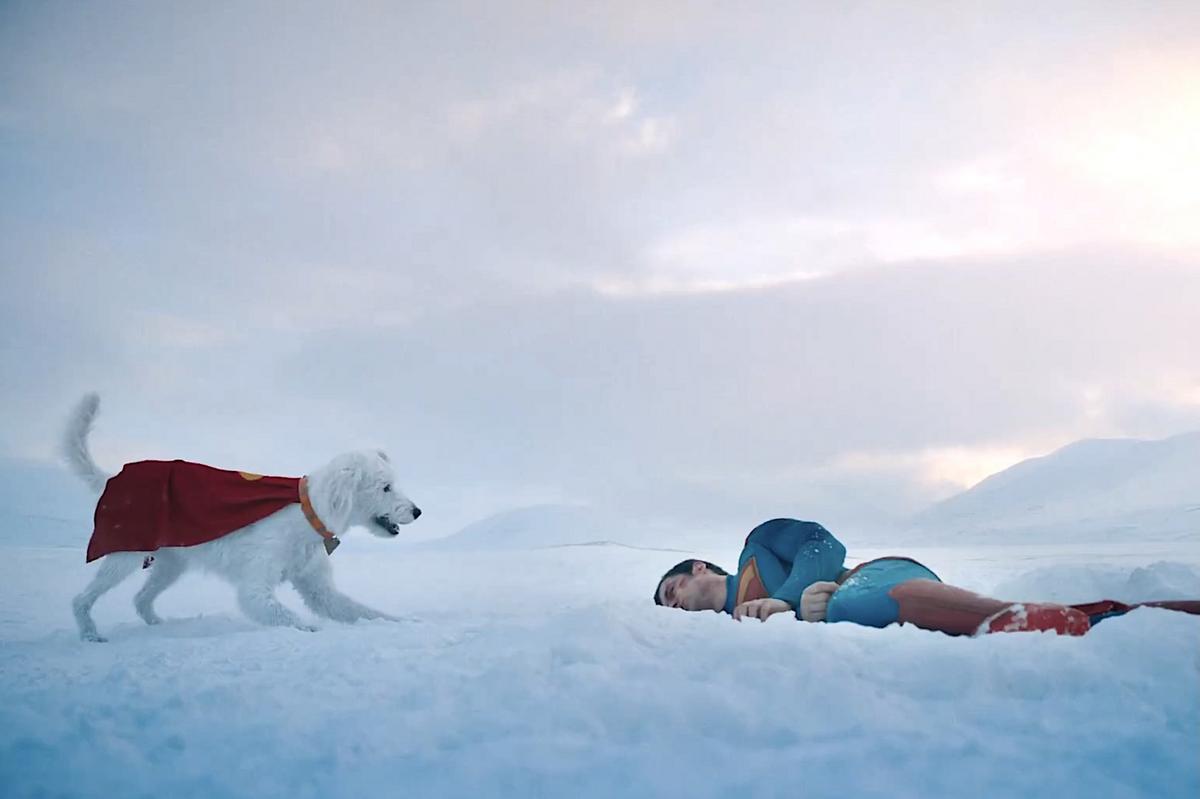

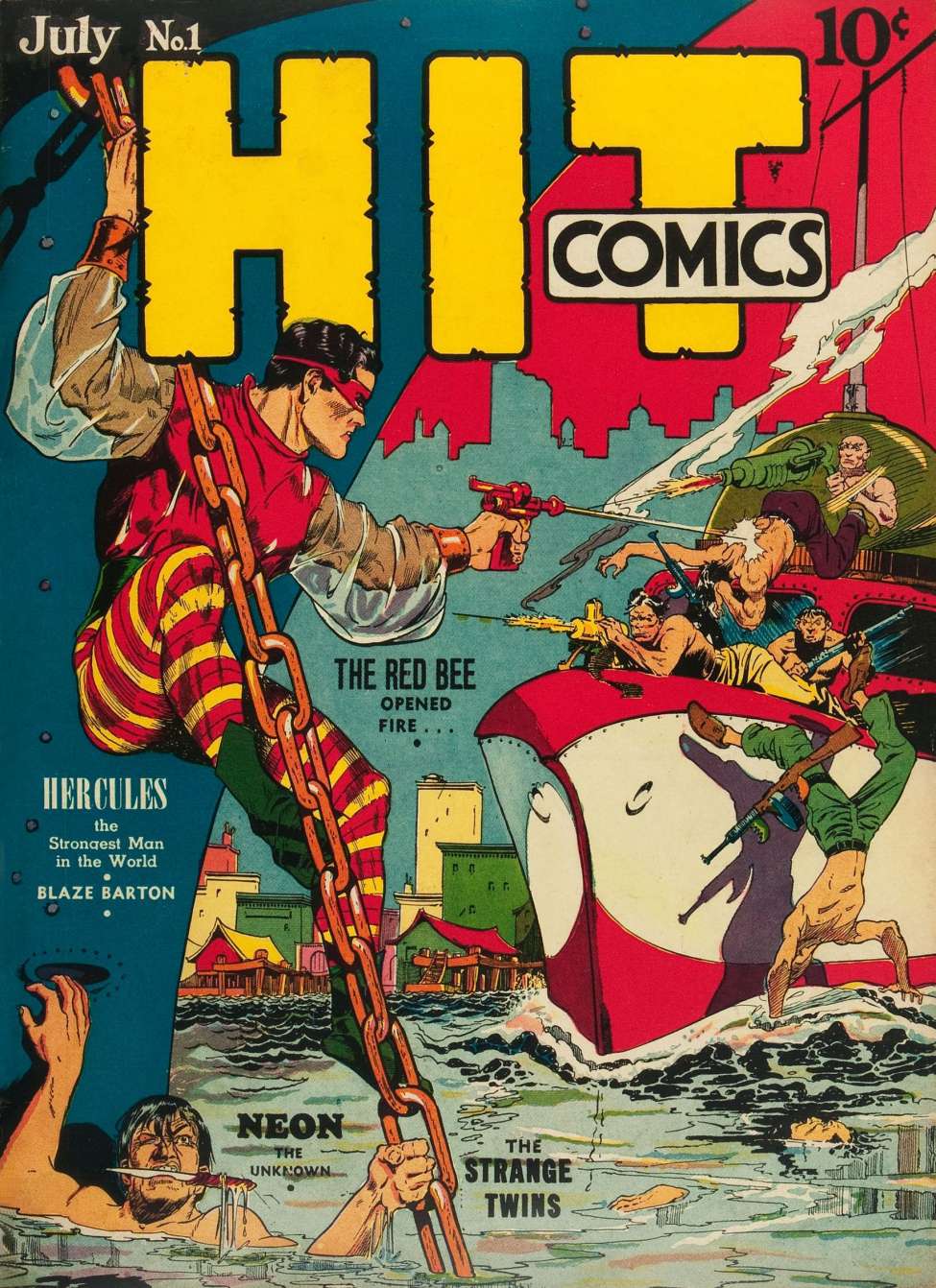

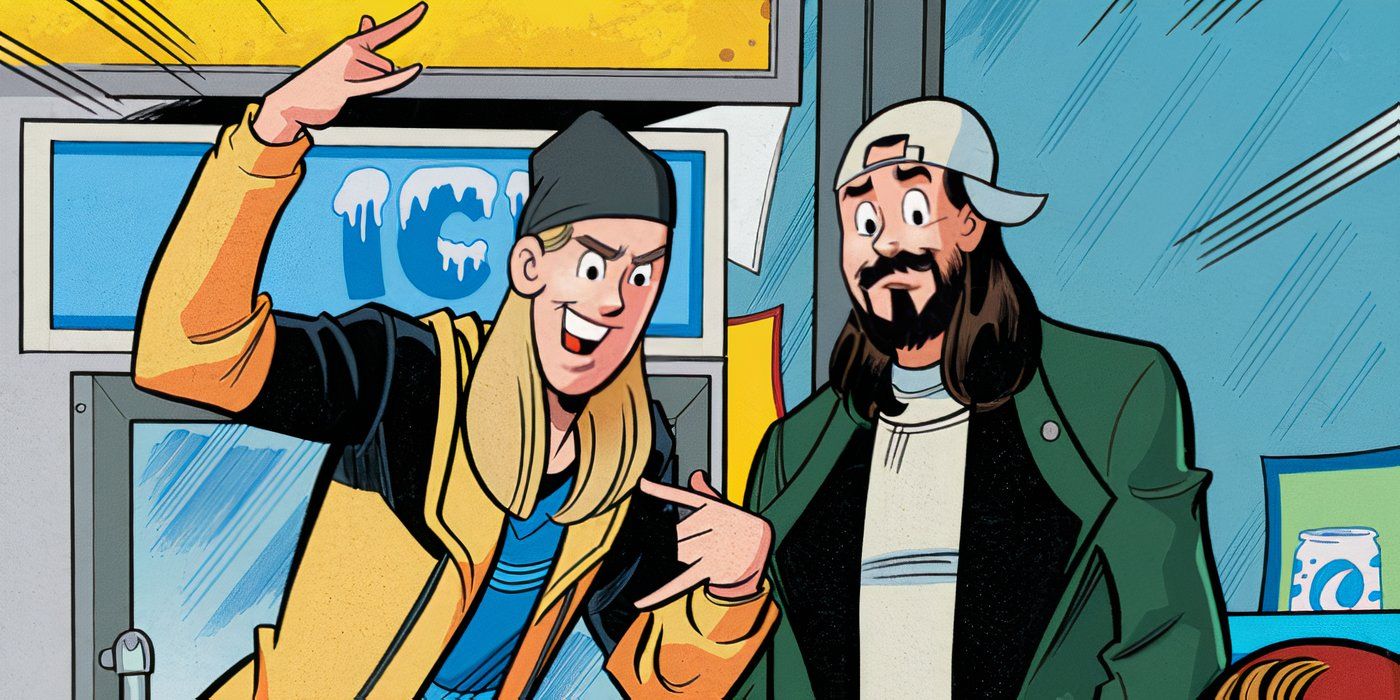


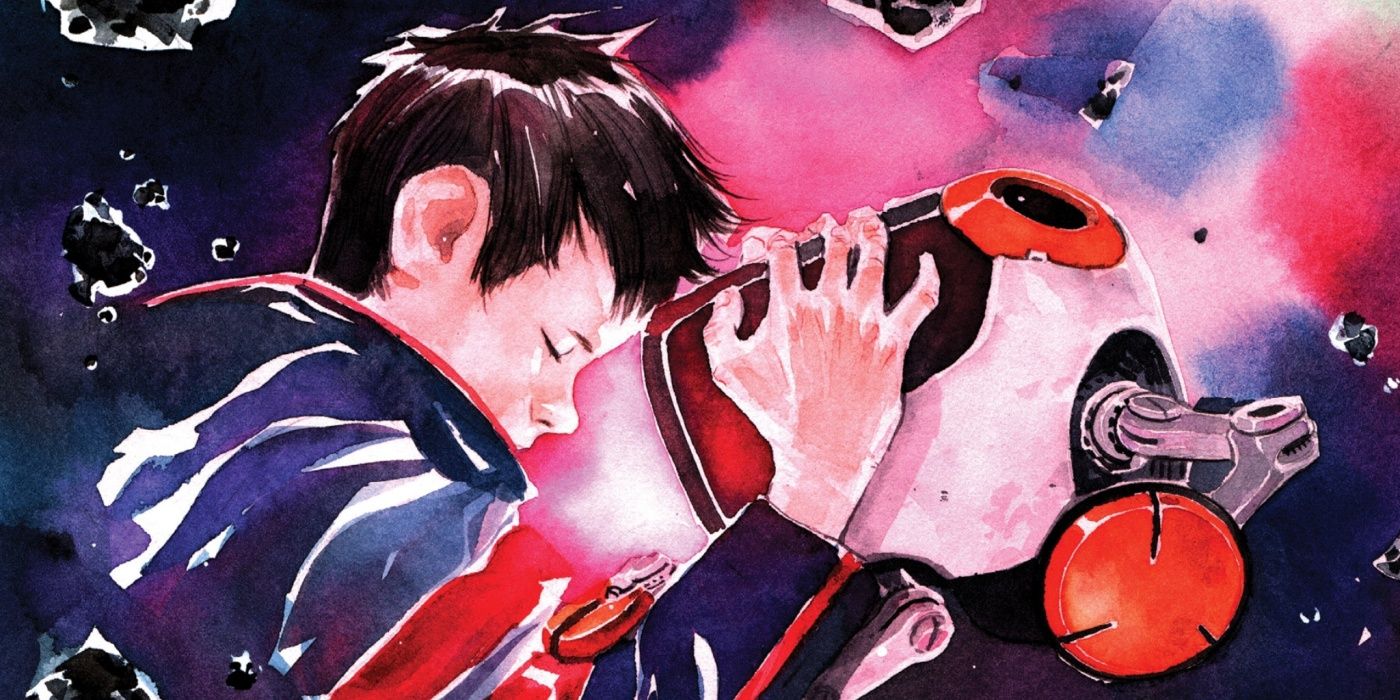

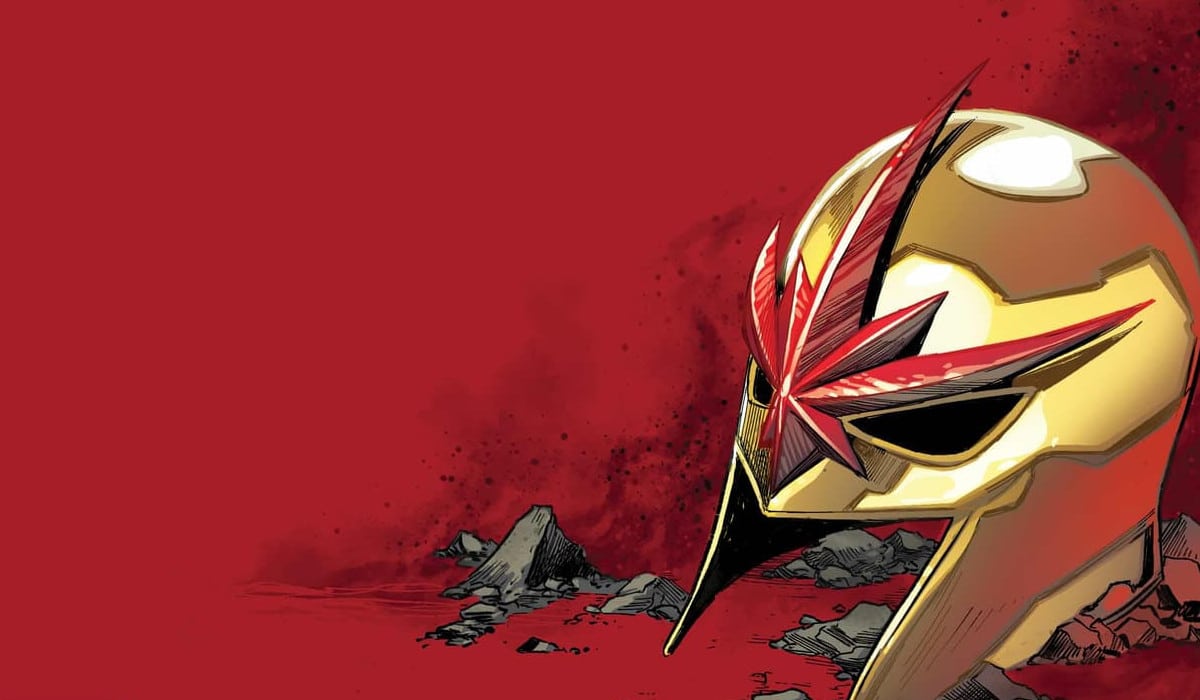
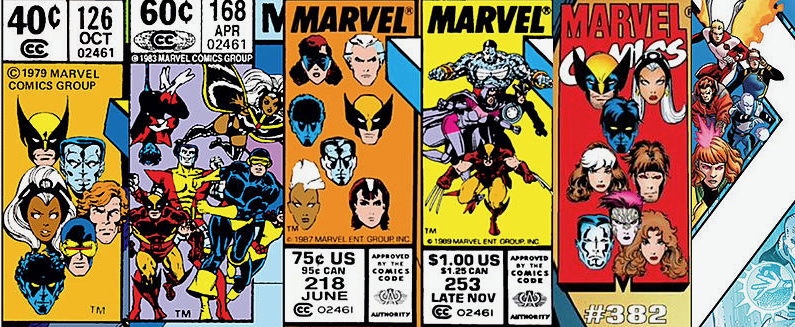


 English (US) ·
English (US) ·